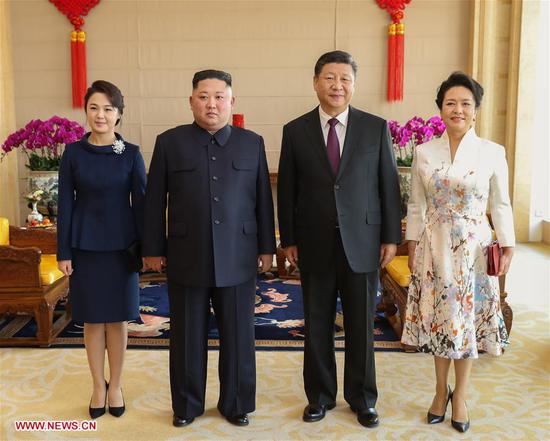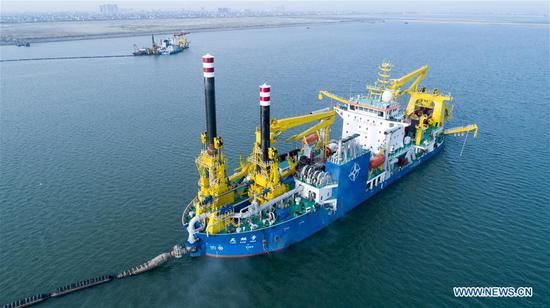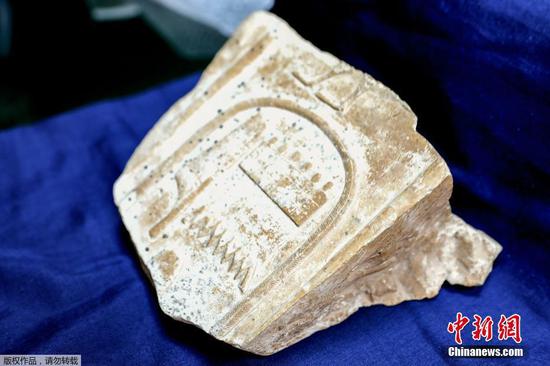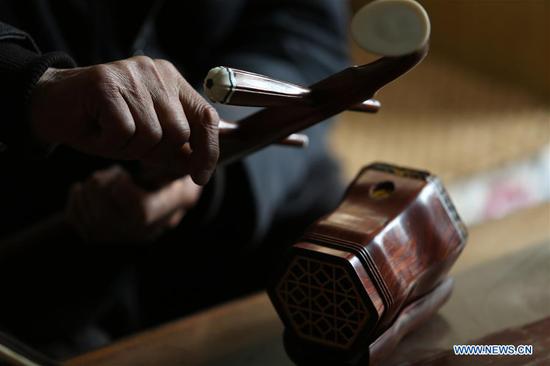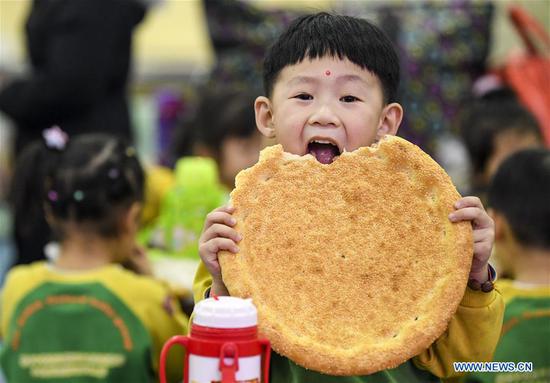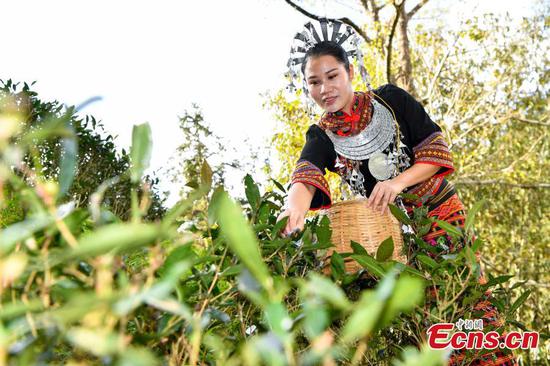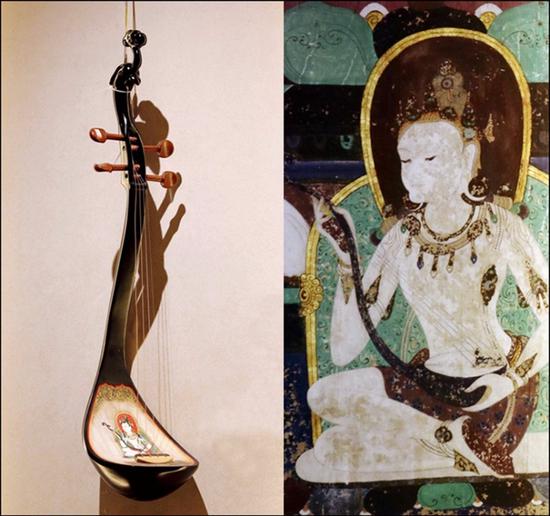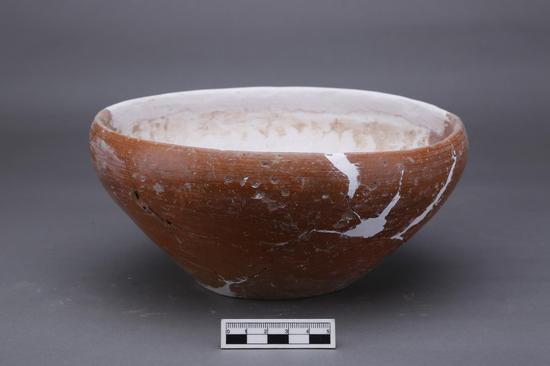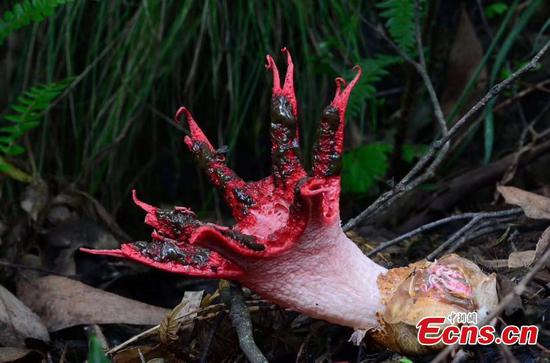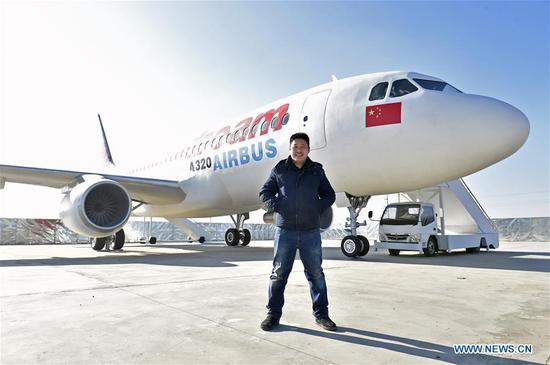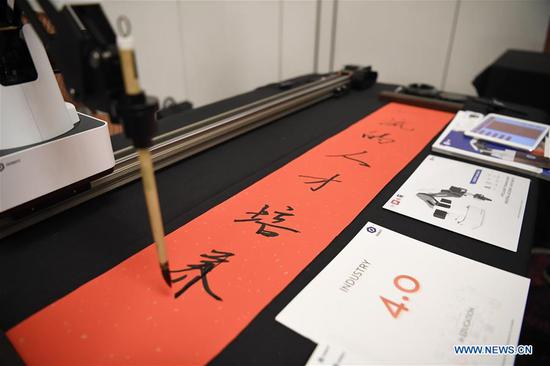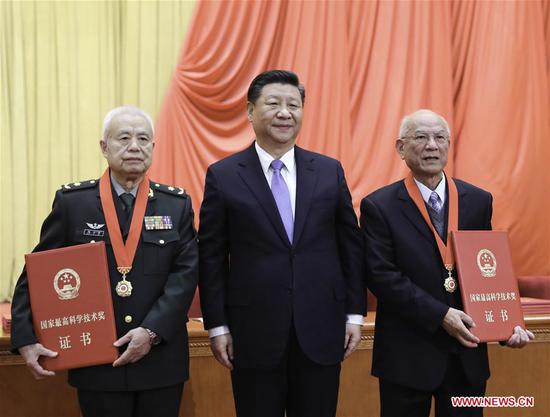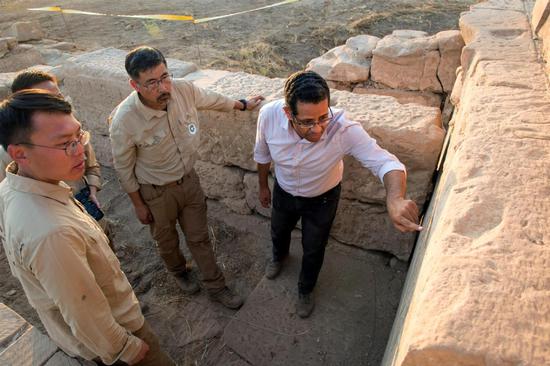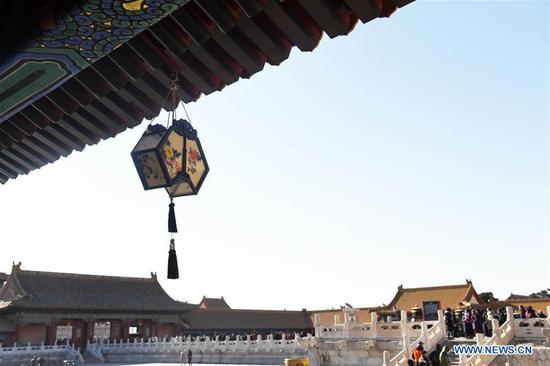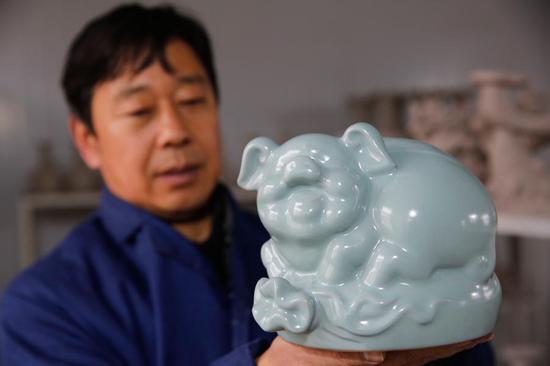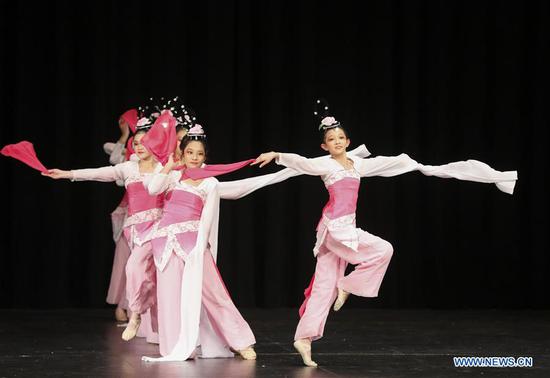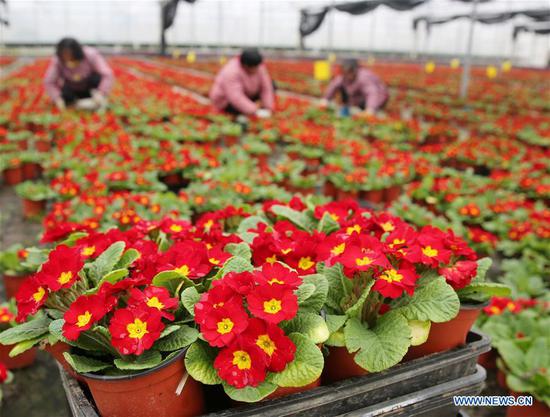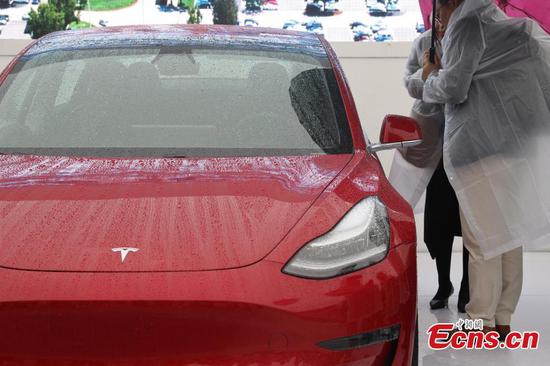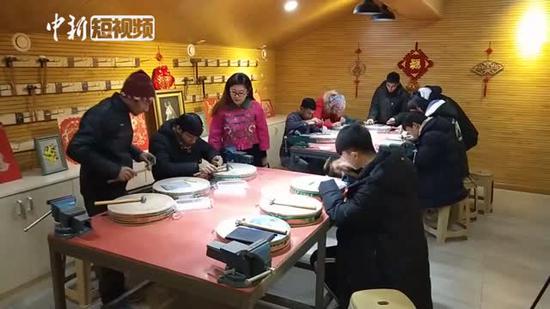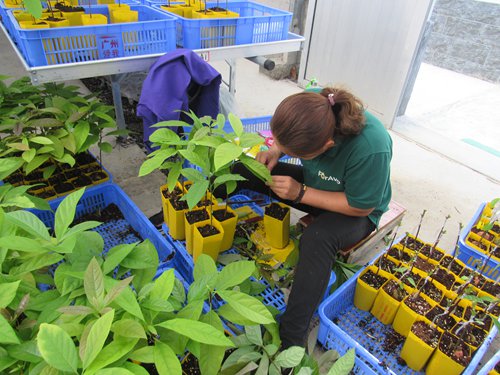
An avocado seedling production plant of ForAvo Agriculture Co in Jiangmen, South China's Guangdong Province in 2017. (Photo/Courtesy of ForAvo Agriculture)
In 2017, Lüyin supplied 200 tons of avocados to the Chinese market, and the production volume is expected to hit 2,000 tons in 2018.
However, as it would take about three to four years for avocado trees to bear fruits, Chinese farmer's late start has given away "first mover advantage" to the massive avocado markets of the global "big three" - farmers in Chile, Mexico and Peru who have dominated the domestic market and are already making large profits from Chinese consumers, Zhu Yi, associate professor at China Agricultural University in Beijing, told the Global Times.
Huang, the loyal fan of avocado, is buying the Hass avocado, of Mexican origin, from a Chinese local supermarket. But what she barely knows is that almost all the avocado she has purchased have endured a long journey from Latin America, where they were first picked, then packaged and sent in container ships to China when not yet ripe several months before and then they were placed in special ripening rooms to make them ideal for eating and ready for sale.
Currently, all the avocados sold via Fruitday are imported, mostly from Mexico and Peru. The platform also plans to import avocados from New Zealand this year. Walmart also uses similar import sources.
A review of the import data could also provide some evidence regarding the supply gap between Latin America and China.
In 2017, China imported 32,100 tons of avocado, up 28 percent year-on-year. The amount was only 31.8 tons in 2011, customs data showed.
Industry insiders predicted that the import volume of avocados from the three nations could hit 50,000 tons in 2018.
By sharp contrast, the volume of avocados produced by Chinese farmers only recorded about 2,000 tons in 2017, accounting for a negligible share of the domestic market.
Great ambition
Do Chinese farmers, who have so far been absent from the significant market, have the capacity to compete head-to-head with their Latin American rivals?
"I think that China's homegrown avocado could gradually replace imported fruit from the 'big three' in the next three to five years as mass production catches up. We were not prepared for the sudden rise of avocado demand, but we have large planting areas. Once we're prepared [in technology], no one can defeat us," Zhang said.
He also draws out an ambitious picture for the future where Chinese farmers are able to export avocados to East Asian neighbors such as Japan and South Korea to make additional profit, as demand from these nations is also on the rise.
What's behind Chinese farmers' confidence is that China-produced avocados have a competitive edge in terms of taste and cost.
"The avocados shipped from Latin America to China are picked when the fruit is immature and refrigerated through the whole process of transportation, which could last 30 to 50 days. They are then ripened using chemicals to be sold into the Chinese market," Zhang explained.
By contrast, homegrown avocados in China could be picked when they are nearly mature thanks to the geographic proximity, meaning that they could better foreign rivals in taste, flavor and condition, Zhu said.
This Global Times reporter also talked with several buyers of avocados in a supermarket in Beijing's Chaoyang district, some of whom complained that they have bought immature imported avocados that "taste bland and have the texture of cardboard."
"If China-produced avocados are soft and waxy, I would like to have a try," a consumer surnamed Li said.
While taste could be a potential selling point, homegrown avocados could also cut into imports by providing avocados at more affordable prices, Zhu said.
"The cost for delivering homegrown avocados to the consumers' doorstep is much lower than the Latin American avocados. China's labor cost is also much cheaper… If consumers could buy an avocado at 5 yuan, why would they continue to buy the 10-yuan Latin American fruits?" Zhu asked.
The spokesperson from Fruitday also showed interest in including homegrown avocados in their future sourcing plan if Chinese avocados could rival the imports in terms of quality.
"The key reason we imported mainly Mexican avocados is the high quality, both in terms of taste and appearance," the spokesperson explained.
'Finding a teacher'
While for Chinese farmers, spotting and reacting to the huge market opportunity is one thing, being able to grow the exotic fruit is another.
"Although planting avocado is not difficult, growing seedlings is still challenging for Chinese farmers. No one in China is experienced in this area, and they have to find a teacher from abroad," Zhu said.
An owner of a Guangxi-based small-sized orchard surnamed Huang echoed Zhu's opinion. Huang said that the key reason he has not yet shifted to growing avocados, away from the passion fruit and orange he is currently farming, is that he "has no idea about how to grow avocados and cannot find a suitable seedling."
But Huang, the orchard owner, is still looking into future opportunities. According to him, the revenue of planting orange is only 5,000 yuan per mu, compared with the revenue of 30,000 yuan per mu for avocados.
To overcome the difficulty in breeding avocado seedlings and to speed up the process, most Chinese agriculture firms now import a complete package of technologies from foreign companies in Latin America, Israel and Africa.
"We 'copied and pasted' the foreign technology and based on that we researched and then we localized the seedlings that also take account of China's condition and agriculture management, and that is the quickest w=ay," Zhang said, adding that the seedlings his firm researched will be sold into the market this year.
"The only thing we now need to overtake the foreign competitors is time," he added.









